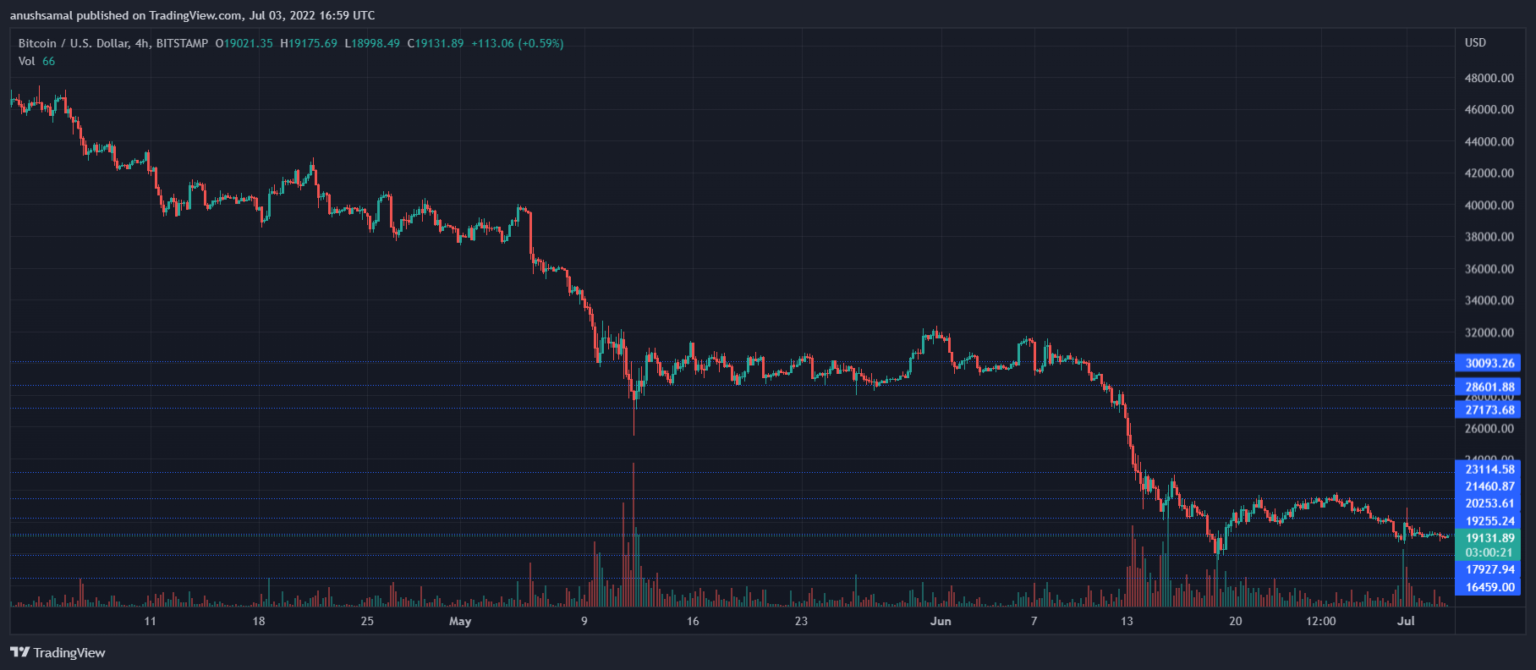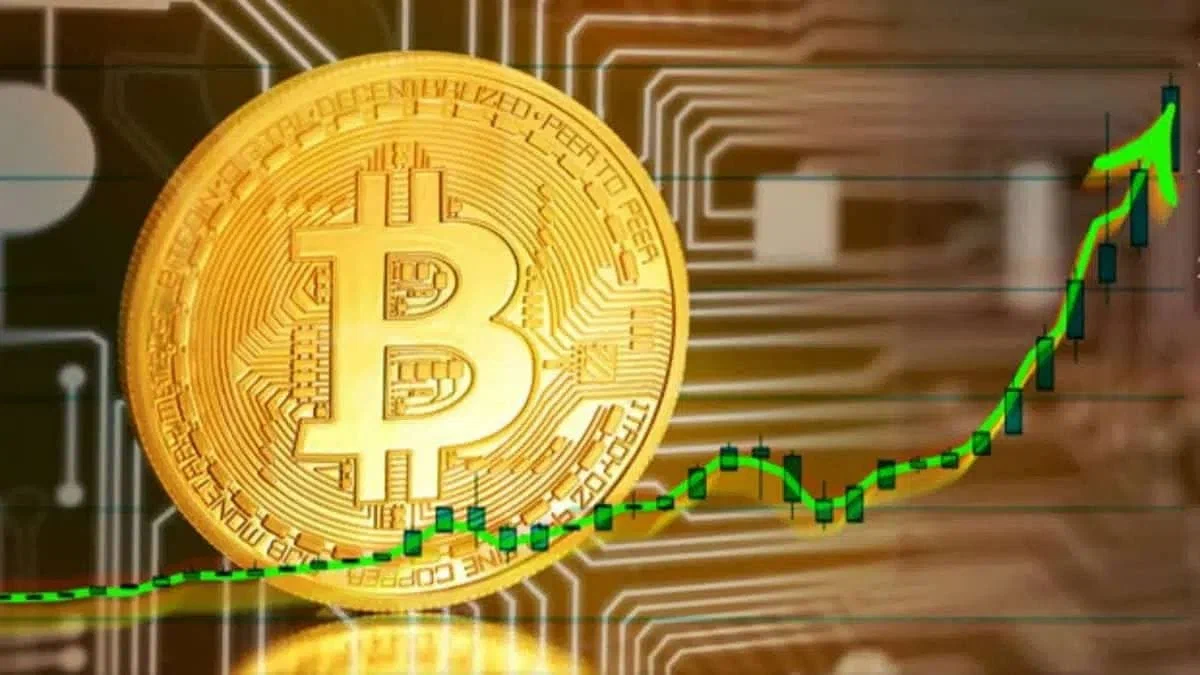Bitcoin’s economic impact is becoming increasingly significant, especially in the context of the US financial crisis. As the national debt continues to rise, many debate whether Bitcoin can serve as a solution or if its volatility makes it a risky alternative. The financial scene is more intricate than ever as 2024 progresses. Traditional economies are looking to alternative financial systems, such as Bitcoin, for salvation in the face of growing national debt, inflationary fears, and global instability.
Prominent Bitcoin opponent and economist Peter Schiff has one of the most controversial views. Can Bitcoin save the United States, given Schiff’s adamant opposition to it as a possible remedy to the country’s economic problems? The globe is waiting to see if digital currencies provide a real solution or if they are just a speculative bubble about to pop as the national debt crises and $36 trillion are approaching. This post will look at the bigger picture of the continuing argument and try to understand why Peter Schiff is still doubtful that Bitcoin can fix the US financial crisis.
Government Debt Trap
The US debt topped $36 trillion in late 202 USD is increasing. Government spending and borrowing have generated unsustainable fiscal policies and debt for decades. Due to national debt interest payments eating up the government budget, the US economy is at a breUS point. DecentralisatioUSmay protect Bitcoin against inflation and government devaluation, argue supporters. Bitcoin is more resistant to debt-driven inflation than traditional currencies owing to its 21 million coins. Strong Bitcoin sceptic Peter Schiff disagrees. He says Bitcoin is too unstable to hold wealth and balance the national debt. Schiff believes Bitcoin’s price volatility makes it unsuitable as a reserve asset, especially for debt-ridden nations like the US.
Bitcoin’s Price Swings
Peter SchifUSrgues states that Bitcoin’s tremendous volatility is a significant reason the cryptocurrency isn’t a good fit for the American economy. The price of Bitcoin has a history of erratic swings, with unexpected drops and surges that don’t fit into conventional financial models. A lot of people, Schiff included, think that Bitcoin isn’t stable enough to be a money or a store of value because of its volatility. As an example, the price of Bitcoin has fluctuated by more than 30% in some weeks in 2024 alone; this degree of volatility, if Bitcoin were to become a national reserve currency or a popular form of payment, could have disastrous effects on the economy as a whole.

Predictable and stable processes are crucial for economic stability, particularly during times of crisis. As far as Schiff is concerned, Bitcoin isn’t suitable. And if Bitcoin keeps going up and down, it may cause “hyper volatility,” whereby seemingly little price changes might have far-reaching monetary effects. The volatility of Bitcoin prices is a significant concern for companies whose revenue streams are highly reliant on fixed product prices. Supply networks may fail, jobs could be lost, and the economy could be disrupted if the value of Bitcoin suddenly drops by half.
Related: Bitcoin Industry Regulation Bill Prioritized by GOP in 2024
Schiff’s Bitcoin Critique
Schiff backs blockchain technology, which powers Bitcoin and other cryptocurrencies, but not Bitcoin. Blockchain technology makes decentralized, transparent transactions safer, quicker, and more dependable. Voting, supply chain, and digital identity management are examined. Schiff believes blockchain technology is promising, but Bitcoin is too dangerous for US banks. SUSf thinks Bitcoin’s fundamental fault is speculation and not usefulness. Bitcoin is for speculation, not daily use. Schiff prefers gold over Bitcoin. He claims that gold, unlike Bitcoin, has lasted as money. Schiff thinks the Bitcoin market is driven by excitement, not facts, weakening its legitimacy despite blockchain technology’s transformational potential.
Bitcoin And Sovereignty
Bitcoin’s worldwide importance is heated in the US. Many governments have discussed incorporating Bitcoin and other cryptocurrencies into their financial systems. Bitcoin was legalized in El Salvador in 2021, causing headlines. Argentina and Venezuela hedge inflation and devaluation using Bitcoin. According to Peter Schiff, the US government should never allow Bitcoin to become a significant currency because it may undermine the monetary policy. Economically, the Fed’s monetary policy is robust. If widely embraced, Bitcoin might circumvent the Fed’s control over inflation, interest rates, and money supply. Schiff thinks Bitcoin’s decentralization will lessen the dollar’s worldwide dominance and constrain Fed economic policies. Bitcoin challenges centralized banking.
Also Read: Bitcoin ETF Growth to Surpass Gold ETFs in 2024
Final Thoughts
Peter Schiff doubts Bitcoin’s economic impact on the US economy for various reasons. Schiff argues that Bitcoin’s economic impact is limited in solving the US debt dilemma due to its tremendous volatility and poor real-world value. Despite its potential as a decentralized digital currency, Bitcoin’s instability remains a significant concern for its role in addressing the country’s financial challenges. Bitcoin is unstable and speculative, unsuitable for global reserve money or mainstream trading. Bitcoin’s potential to destabilize the US monetary policy and the global financial system worries governments and central banks.
The psychological aspect of trust hampers Bitcoin’s adoption in the US. Blockchain technology has transformational potential, but Bitcoin’s speculative character and lack of widespread acceptance imply it won’t solve America’s economic problems soon. Long-term financial stability is uncertain as the US struggles with its debt. Bitcoin is USedictable and speculative; therefore, Peter Schiff’s warning about its unsuitability as a financial saviour appears justified in the present economic situation. The argument over Bitcoin’s role in money’s future will deepen as the financial environment changes.

